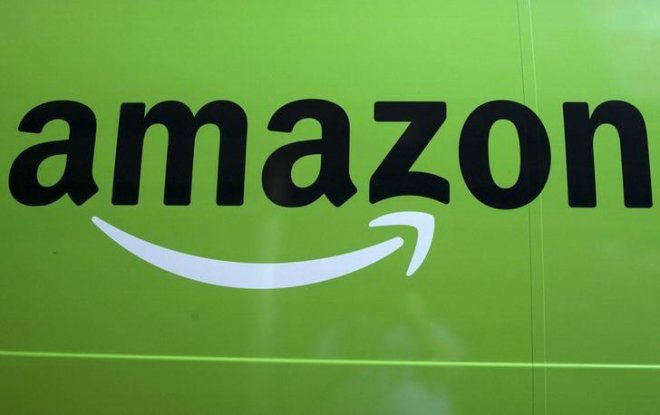
When Amazon announced its arrival to Singapore, traditional brick-and-mortar shops, local retailers, and e-commerce players were left threatened. But as it turns out, retailers have nothing to worry about as Singaporeans still prefer to buy things in stores.
According to a report from Bloomberg, Amazon's foray into Southeast Asia has been marred with tough hurdles. For instance, delivery delays in Amazon's Prime Now debut irked some of the excited consumers. More so, Amazon apparently lags behind local web store Lazada and Alibaba.
Figures from Euromonitor International show that for the city-state's consumers, shopping in a physical store still trumps e-commerce. In fact, just 4.6 percent of Singapore retail sales took place online last year. Compared that to 15 percent in the United Kingdom and 10 percent in the United States and it can be seen that Singapore's e-commerce still has a long way to go.
"Singapore is a very small city-state, so shopping is one of the favourite pastimes for all Singaporeans," said Chan Hock Fai, a fund manager at Amundi Asset Management told Bloomberg.
He stressed that growth rates are harder to come by for e-commerce players like Amazon because retailing is a more mature market in the country.
To recall, Southeast Asian e-commerce market is projected by Google and Temasek Holdings to reach US$88 billion by 2025. Amazon wants to cash on this projected growth.
"We've launched Prime Now in 50 cities across nine countries and Singapore is our biggest launch ever," Amazon Prime Now spokesperson Amanda Ip said in a statement.
In terms of scale, Lazada beats Amazon locally in Singapore, as if offers a range of products reaching 30 million compared to just tens of thousands via Prime Now.
Lazada Singapore CEO Alexis Lanternier said the e-commerce industry of Singapore has a huge potential to skyrocket in the years to come.
"Online shopping in this market is certainly gaining traction here with 3 out of 5 people shopping online, and we believe this is the direction forward for the retail industry in Singapore," he told Bloomberg.
And as most Singaporeans still wouldn't ditch physical stores, there is a clamour for these online retailers to set up their own offline stores.
Recently, Lazada partnered with real estate powerhouse Capitaland providing customers with the convenience of picking up what the bought online from a nearby mall.
Amazon is also integrating its online to its offline presence. Recently, it purchased Whole Foods for US$13.7 billion as it readies to establish a physical store. In India, Amazon took 5% stake in Shoppers Stop and it eyes opening experience centres at the retailer's stores for customers to try out products that are currently being sold online.
"The main reason that shoppers continue to shop in a physical store is due to the in-store experience - something irreplaceable by e-commerce," commented Tan Kee Yong, AsiaMalls Management director.








